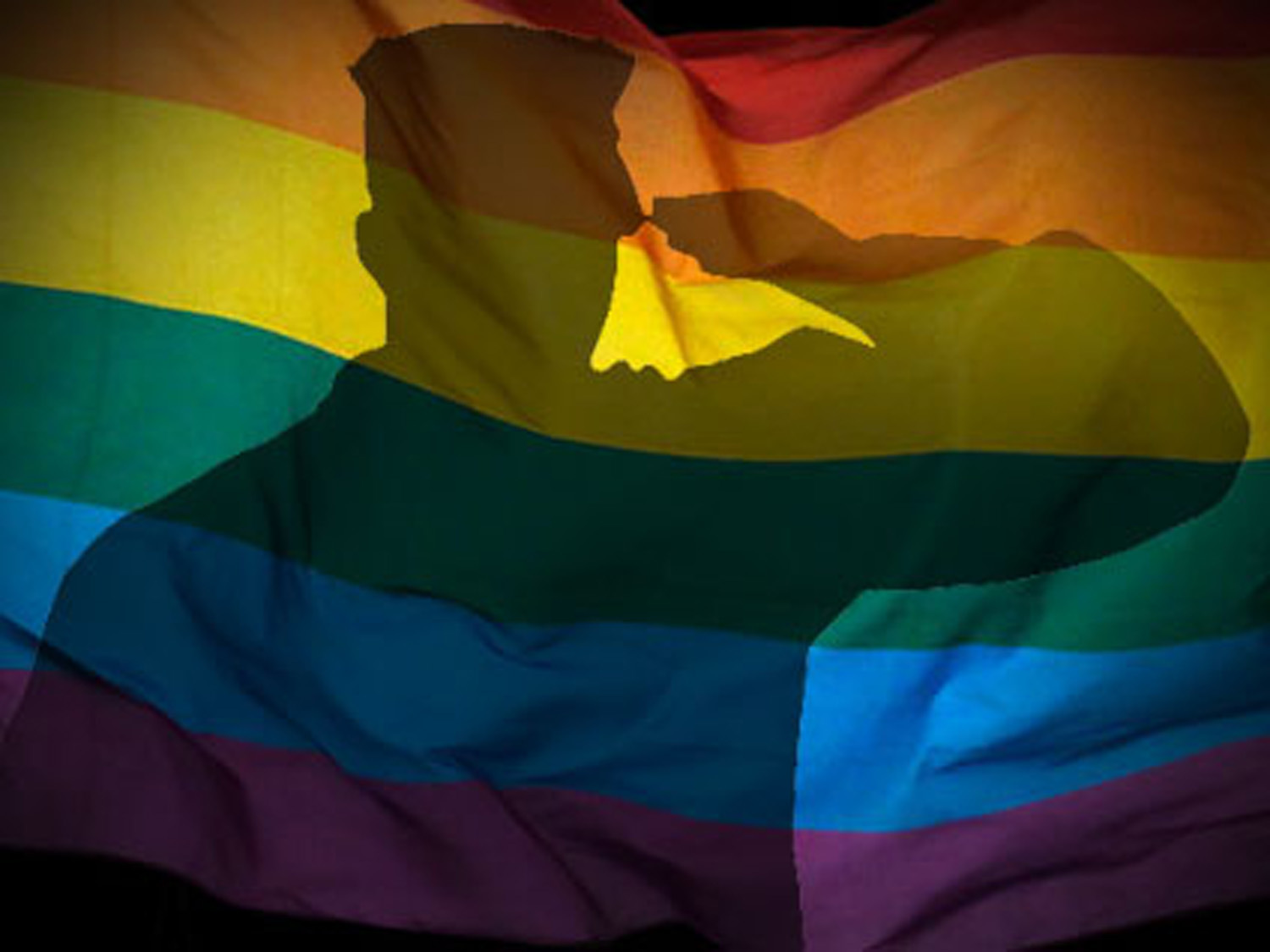 |
| ▲ Being gay in army is illegal in Korea (Photo from CBS news) |
Korea is not the best nation when it comes to supporting basic human rights for the LGBTQ community. There are few community support systems in place and not nearly enough legislative policy to guarantee rights for this often-ostracized community. Unfortunately, this narrow-minded approach has also impacted our military. Despite some minor improvements to the rights of the LGBTQ community, such as deleting homosexuality from the list of mental illness and adding homophobia into the index, the Korean LGBTQ community still has to deal with laws and a justice system that fails to protect their most basic human rights. The Korean military, one of the most prominent male dominated organizations in our society, is suppressing the right to self-determination of the LGBTQ community.
Article 92-6 of the Military Criminal Code prohibits anal intercourse between soldiers, officers, public servants of the Korean military and students of officer training schools. Anyone caught doing so, can face up to 2 years of imprisonment. This article itself is homophobic, but its enforcement violates human rights as it is being used to enforce homophobia within the institution. Korean Army Chief of Staff, Jang Jun-kyu has been accused of using the law to seek out homosexual soldiers for prosecution. In a recent high-profile court case, known as the ‘Captain A Case’, Article 92-6 was used to empower investigators to conduct a brutal investigation into the private lives of military personnel. The investigations often violated the rights of the subjects. For example, investigators did not hesitate to search the defendant’s car without a warrant. They also used a gay dating app for undercover entrapment. Moreover, the investigator asked highly private questions such as the subject’s taste in pornography, which is unnecessary information for their investigation goals. Threats of outing the defendants were also used to make subjects confess. Captain A was one of the subjects. He claimed innocence based on the fact that any sexual intercourse he took part in, was never on property belonging to the Army. Nevertheless, he was sentenced to six months in prison with one-year probation.
The Article is a clear violation of human rights because it punishes consenting soldiers for having sexual relationships, suppressing their right to self-determination. Absurdly, Article 92-6 refers to the ‘crime of sexual molestation’, but fails to include the expression ‘by force’. It does not consider whether there was consent by both parties. Military Criminal Law already has clauses that explicitly prohibit sexual assault or molestation by force, so it clear that this Article is intended to punish consenting adults for same sex relations.
Furthermore, even if one could reasonably argue that Article 92-6 was meant to prevent sexual assault, as written it fails to protect any victim in the act, as both parties are liable for their behavior. What’s more, there is no article in the Military Code that prohibits consensual sexual relations between different sexes in private accommodation. The Article is clearly targeting gay male soldiers.
The Korean Army is therefore arguably homophobic. While it has to operate under strict orders of discipline, that policy should not impact the personal consensual relationships of its staff. It is clear that the military defines and treats cases of assault differently for heterosexual and homosexual service men and women. In 2000, a male officer pinched a female soldier’s chest and then slapped his own private parts. The officer’s act should have been punished, but the Supreme Court ruled otherwise. This nonconsensual sexual act between a male and female officer was not punished criminally, but was rather addressed with internal disciplinary action, while consensual homosexual acts are criminally prosecutable. The biased and discriminatory practices against homosexual servicemen in military law are demonstrably clear. Article 92-6 used to refer to ‘acts of sodomy’, but the law was revised to say more specifically ‘anal intercourse’ because the former was considered homophobic. However, the underlying target and objective of the Article has not changed.
Targeting the consensual sexual relations of gay soldiers is against human rights. President Moon Jae-in agreed. Although he said he was against homosexuality in the military during the presidential debate, he added that homosexuality itself should not be punished. The overall perception on human rights and gender in the Korean Army certainly leaves something to be desired. On May 20, congressman named Kim Jong-dae and 10 other congresspersons suggested an amendment to the law that would eliminate Article 92-6 from the Military Criminal Code. Given the new government’s approach towards sexual orientation and the supportive efforts demonstrated by some members of the Assembly, we hope to soon see changes that bring about a system of basic human rights for all, regardless of your sexual orientation.
박채리 dankookherald@gmail.com

![[Campus Magnifier] Let's Surf the Library!](/news/photo/202404/12496_1765_4143.jpg) [Campus Magnifier] Let's Surf the Library!
[Campus Magnifier] Let's Surf the Library!
![[Campus Magnifier] Let's Surf the Library!](/news/thumbnail/202404/12496_1765_4143_v150.jpg)





